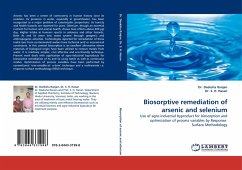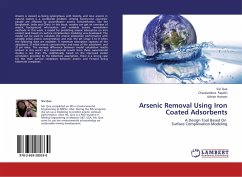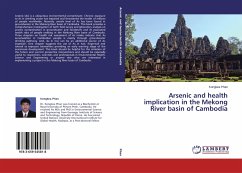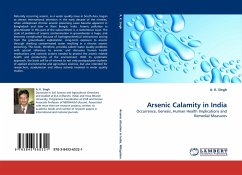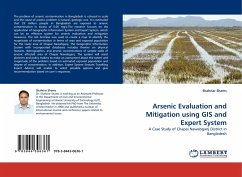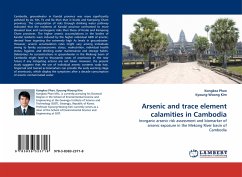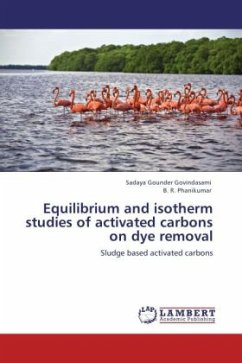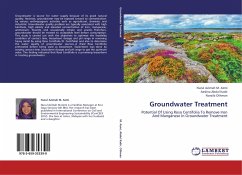Arsenic has been a center of controversy in human history since its isolation. Its presence in water, especially in groundwater, has been recognized as a major problem of catastrophic proportions. Its toxicity and health hazards are reported for years. Selenium, though an essential nutrient for human and animal health, shows toxic effects above 400 µg/day. Higher intake in humans results in selenosis and other hazards. Both As and Se enter into water system through geogenic and anthropogenic activities. Technologies reported for remediation of these metal ions from contaminated waters have technical and/ or economical constraints. In this context biosorption is an excellent alternative where materials of biological origin have been utilized to remove metals from water. It is relatively simpler, cost effective and eco-friendly technique. Present work deals with application of agro-industrial byproducts for biosorptive remediation of As and Se using batch as well as continuous modes. Optimization of process variables have been performed by conventional 'one-variable-at- a-time' technique and a multivariate i.e. response surface methodology (RSM) technique.
Bitte wählen Sie Ihr Anliegen aus.
Rechnungen
Retourenschein anfordern
Bestellstatus
Storno

